#HOW WE FEELING LOUIES
Explore tagged Tumblr posts
Text
the gays really won today huh

#HOW WE FEELING DIRECTIONERS#HOW WE FEELING LOUIES#HOW WE FEELING QSMP FANS#IM SO#IM SOOOOOO#im gonna cry the leaked song is so fucking pretty#one direction#louis tomlinson#qsmp
23 notes
·
View notes
Text
relapsed. relapsed. relapsed. the loumand/claudeleine bar scene is so fucking diabolical because what do you mean they're all sitting around smiling and laughing, talking about their blossoming lives together. What do you mean Cladeleine are growing flowers out of their victims remains. That Claudia has finally found the peace she deserves to go and let life and love carry her without fear. What do you mean Madeleine puts in plain words that Louis is in love with Armand, that she can feel it through him and subsequently, Armand's wondering if he does. Armand turning to smile at him, giving a gorgeous little laugh before kissing Louis cheek and standing from the table. "Why don't you want him to know how much you love him?" "he knows" as the joy slides off Armand's face and he steps out of the warmth he has forsaken.
#interview with the vampire#iwtv#char.txt#loumand#claudeleine#i think we should all die#like literally do you think about that louis is unable to voice love when he feels it#he tells armand he loves him in ep 4 but as he actually falls he shys away#and how to armand he thinks this is him pulling away. that louis loving him in the only way he knows how is a rejection like oh my gooooood#im gonna be SICK
2K notes
·
View notes
Text
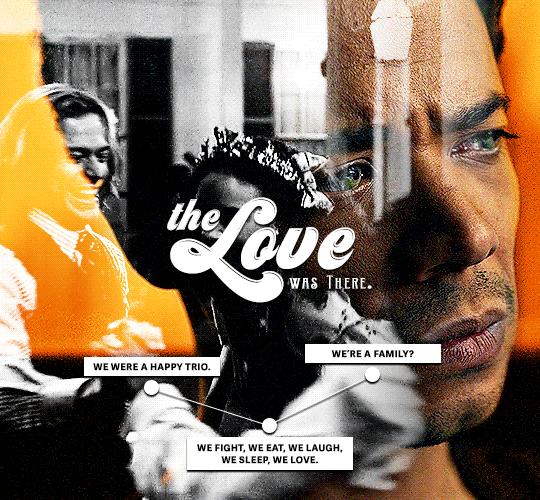



(in/sp)
#interview with the vampire#iwtv#iwtvedit#iwtv spoilers#lestat de lioncourt#louis de pointe du lac#claudia de pointe du lac#*#how are we feeling#the answer is we are not doing great
513 notes
·
View notes
Text
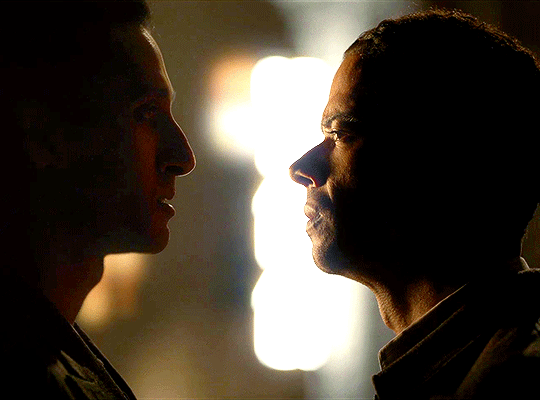
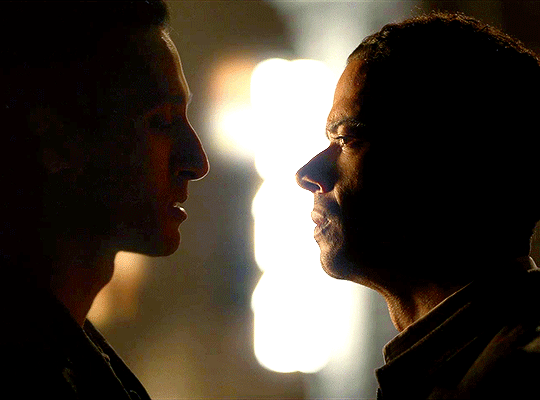
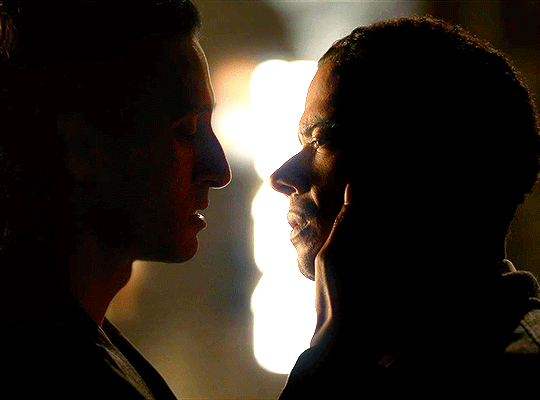
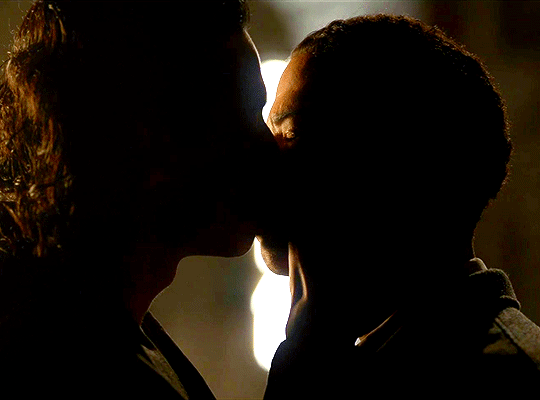
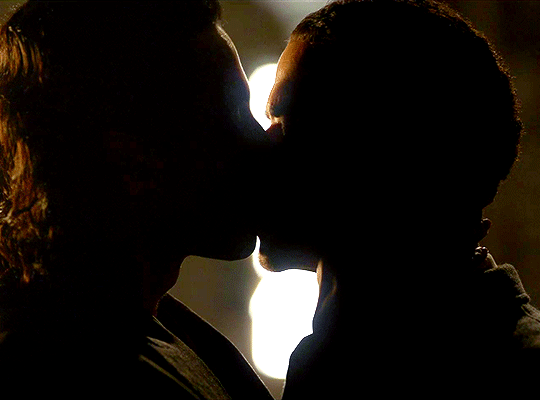
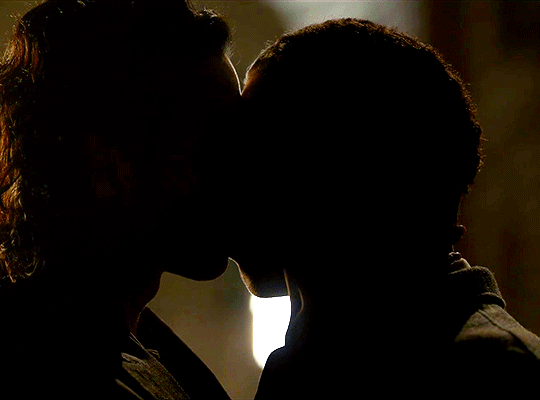
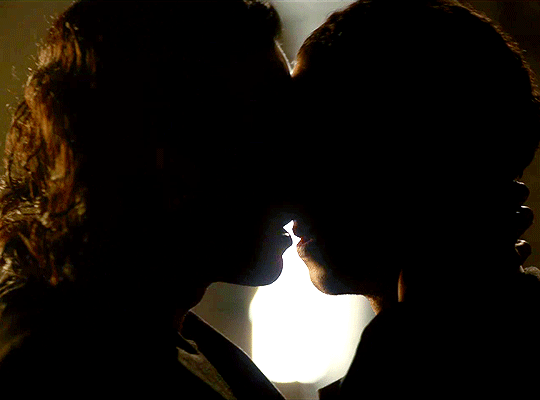
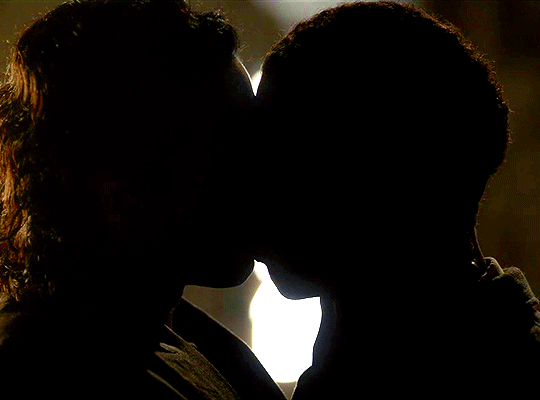
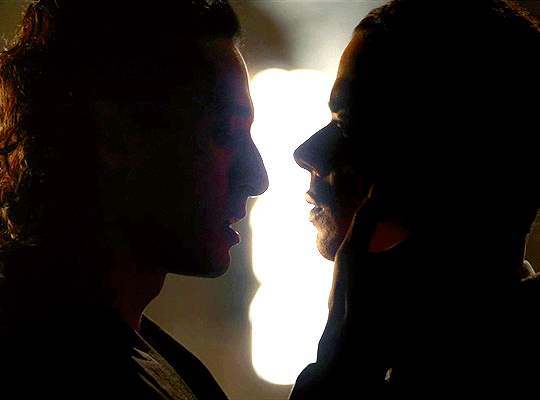
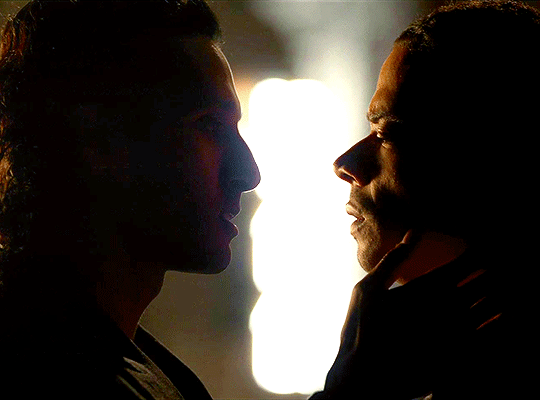
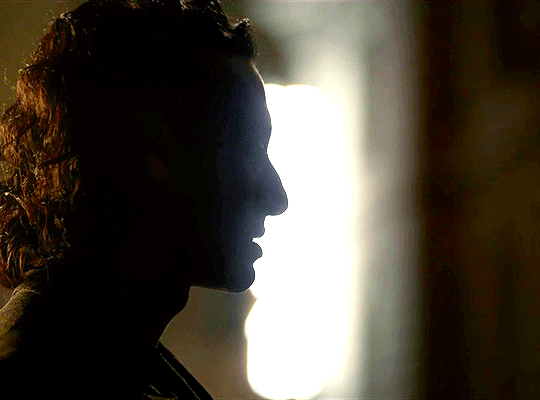
You will. I did.
You and him?
A century or so ago. Yesterday. What is time to a vampire?
#i said when this is released i will gif the whole scene AND I MEANT IT#rmb when we survive on CRUMBS of this in different teasers#LOUMAND WARRIORS HOW WE FEELING#iwtvedit#tv: interview with the vampire#vampterview#loumand#louis de pointe du lac#iwtv armand#iwtv spoilers#vgifs#vcreations#long post
589 notes
·
View notes
Text










"Who is Ai Di to you?"
Nat Chen as CHEN YI KISEKI: DEAR TO ME (2023)
#kiseki: dear to me#kisekiedit#kdtm#kiseki dear to me#ai di x chen yi#chen yi x ai di#nat chen#chen bowen#louis chiang#chiang tien#jiang dian#uservid#userspring#userspicy#userrain#userjjessi#usernuria#*cajedit#*gif#flashing gif#GREAT question zherui. the answer is. everything! hope this helps <3#kk and i talked a ton about chen yi last night and we were saying#that there is a very specific part of both chen yi and ai di that cant fathom not being their whole selves in front of each other#even when their feelings are buried deep they cling to each other cuz being without the other is like missing your other half#but then also. they're too close to each other to see what's really there (specifically from chen yi's side of things)#he cant imagine not being honest with ai di but its in such a way that he still doesnt know how to identify the source of what he's feeling#because...it's ai di.#and it's Always chen yi and ai di. thats just what their lives are LIKE.#so it's easier to not put much thought into it. to fixate and project those feelings on their boss.#but it was never gonna last!! ...everyone say thanks ai di for the pain. it was needed </3
249 notes
·
View notes
Text



You want the sickness to lay itself down inside you. I want the child I was before I knew you. - chelsea dingman
#well guys. how are we feeling#interview with the vampire#iwtv#louis de pointe du lac#daniel molloy#armand#og post#webweave#< for organization#danlou
230 notes
·
View notes
Text
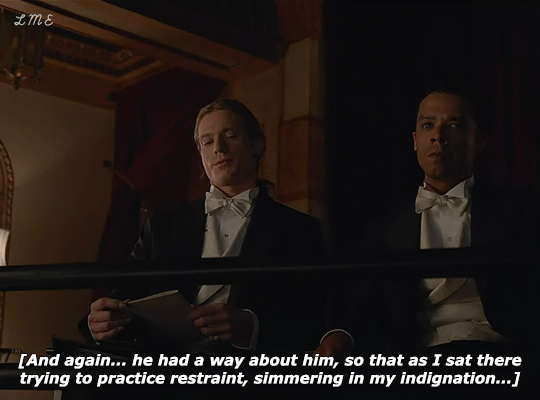
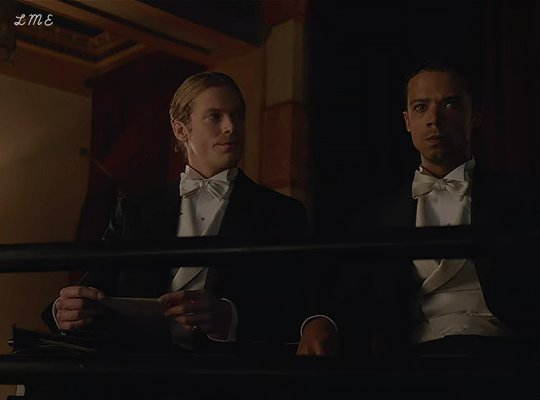
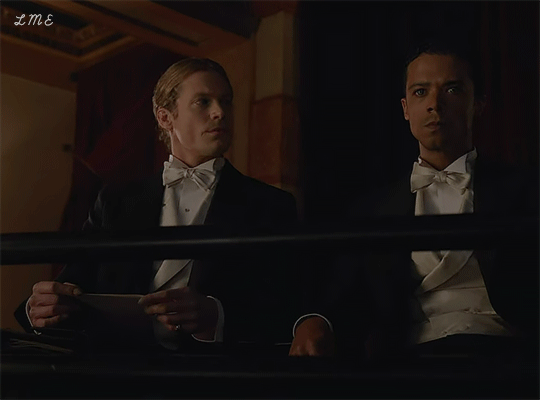
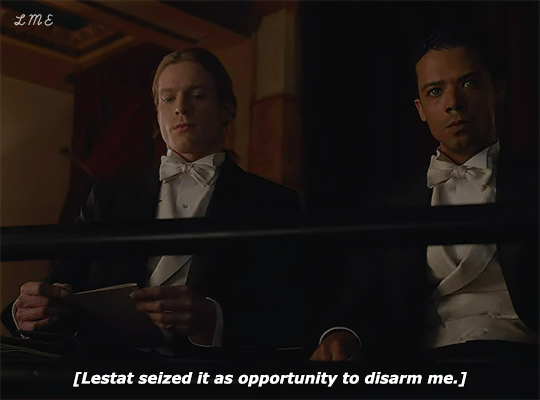
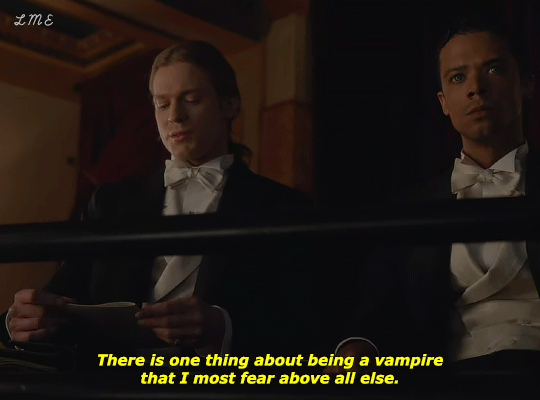
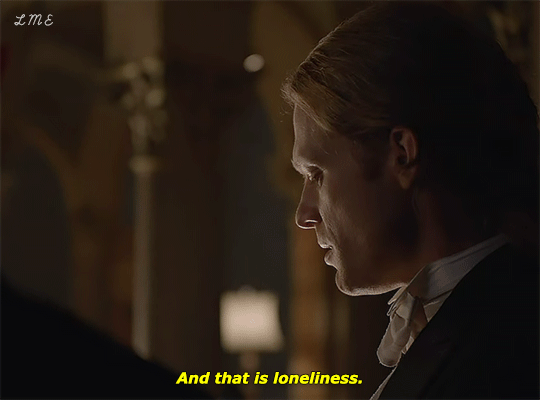
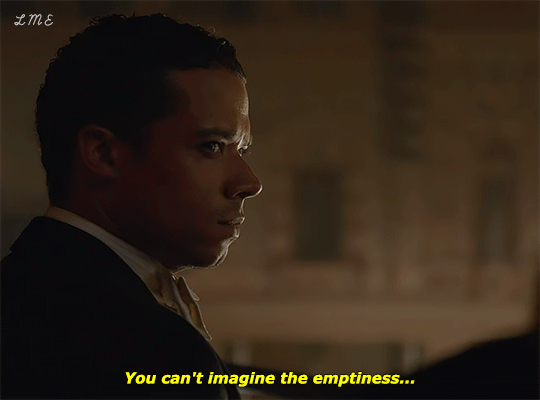
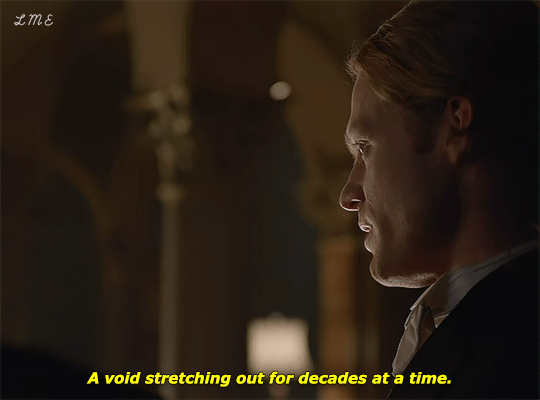
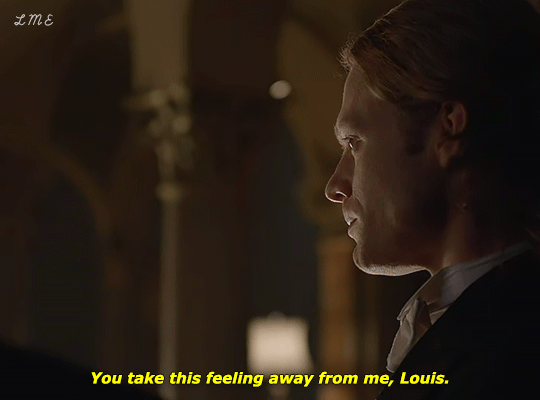
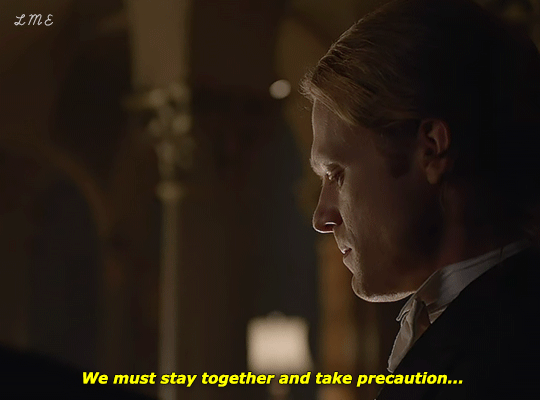
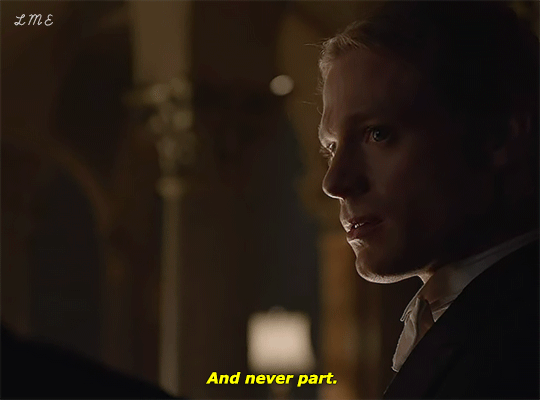
The status I enjoyed in Storyville did not extend itself to the operators and patrons of the French Opera House on Bourbon and Toulouse. We did what we always did to avoid conflicts there. I performed as his valet, walked a pace behind him, took his overcoat once we found our seats, remained standing in the back of the box until the lights went down, and only joined next to him once the overture had begun.
#Interview with the Vampire#amc iwtv#iwtvedit#Louis de Pointe du Lac#Lestat de Lioncourt#loustat#OTP: I didn't realize it was a gift#filmtvdaily#filmtvsource#filmtvtoday#userbbelcher#cinemapix#userdosa#userveronika#userentertainments#tvarchive#smallscreensource#usertelevision#tvgifs#Rachel's edit tag#lestat's face journey. insert what if we all ****** ourselves meme#head in hands. lestat said this bc he was trying to apologize. he saw how upset louis was and this was his way of saying sorry.#and it's also why he took the tenor's bad performance so personally. lestat feels like he already fucked up this date#so the tenor's performance is just ruining the night even more#and then louis understandably viewing this as lestat being manipulative in retrospect....... im so sick I can't do this
174 notes
·
View notes
Text

lestat's giant hand on louis' neck in the little drink scene...yeah...
#i feel like we didn't appreciate how actually insane the little drink scene is#interview with the vampire#lestat de lioncourt#louis de pointe du lac#leslou
120 notes
·
View notes
Text
.
#'sorry for barging' anon#sorry gonna answer this in the tags since it's such a loaded topic#but yeah exactly- i think a lot of it comes down to people wanting them to perform their (very real) grief for an audience#and getting mad when they don't. which is wildly unfair and unrealistic and just... extremely entitled#and very much coming from a lack of understanding of grief and that it's not a perpetual state of uncontrollable crying#a massive part of grief is continuing living with all its up and down moments with a new heavy weight in the background#living in a perpetual state of sobs is not something any human can sustain. it involves adapting and continuing to live.#and that involves doing regular everyday things AND experiencing happy moments still. that does not mean you aren't still suffering.#to question whether they're 'truly' grieving is.... kinda evil and completely ridiculous lmao#and shows a massive lack of basic empathy and understanding of how human emotions work#we see less than 1 percent of their lives. to actually feel like you have the ability to judge someone's grieving process in general#is wild and weird but especially when you literally have seen nearly none of their lives in the past few months#i'm sure all of us have laughed and seen a friend and had other happy moments since october#that doesn't mean we do not miss liam and that we aren't devastatingly sad at other points.#and to somehow think that zouis reconnecting and being happy about it after such a tragic event would be somehow anti-liam is insane#i've even seen people judge zayn for not cancelling his entire tour which is so.....#if they for a second think that liam would have been petty enough to enjoy the idea of all of his friends stopping in their tracks forever#they clearly didn't really know him since he was clearly always SO supportive of everyone in 1d#and probably would have been very happy to see zayn and louis mend their relationship#it feels like a very weird way to make a fucking death and real life grief from his friends into a stan war which is......... beyond gross
37 notes
·
View notes
Text
I still think the photos were either an absent minded accident to where no one can be really sure who made it (several people have had access to the archives and have sorted through it over presumable many years) or deliberately planted by Rashid for Daniel’s benefits to go through the files uninterrupted. Because I think it’s a better display of how Armand is operating here simply out of a complete disinterest to be supportive, accountable to anything, or understanding of what the aim of all this is, and his care for Louis only goes about as far as himself, especially where the threat of exposure or abandonment is concerned. In short he has a disdain for this entire interview, let alone Louis history and inner struggles with it, and for selfish reason, so the photos, regardless of how they got in there, expose him of this. It clues us in about how his love is conditional on meeting his expectations of it not ending or being threatening in some way, especially where his sense of security is concerned, but he’s extremely possessive of who he loves so manipulates as much as he can to prevent this, to a point, and in such ways, it is just emotionally abusive. Though we also do see a result of when he’s offered something else that his love can shift easily to someone else if they are simply offering him all this sense of security, so his possessiveness is conditioned on the fact he has no other better options of getting his strong desires for this kind of love met.
Anyway, if it’s an accident like that, and let’s say it’s one Armand happened to have made, it falls right in line with this even more, though I think the point is we actually can’t know if this is the case of it as even he doesn’t know who did it. Though if there were any care he’d probably not point fingers at Louis who is the one who’d be least likely to have made such a mistake, but he doesn’t care and is just mad about being blamed by Louis, so does carelessly throw it out there.
And if they served a purpose of allowing Daniel to access the files for an extended period, which he couldn’t do much earlier when Raglan initially sent them over without raising suspicions, one can make the assumption that Rashid, who we find out is working for the Talamasca, did it for Daniel’s benefit so he could do so undercover.
Just my two thoughts.
#iwtv#interview with the vampire#amc iwtv#armand#loumand#putting this in tags but I don’t think it makes Louis look foolish to Daniel at all#but it does make him overall look presumptuous if even correct about it#which I mean we already know him to be presumptive#Daniel could just very well buy in that it was an accident and those happen which I find he does cause he’s caught up in other things#whereas Louis still feels it makes him look bad anyway because he has difficulty around perfectionism and mistakes or accidents#read; a lot of things he is blamed for or blames himself for are failures to be perfect and without mistakes#and accidents don’t matter in this equation of things#Note also: were Armand more self assured and caring a good partner would assure Louis as opposed to feeding this belief but clearly not#something something not a mustache twirling guy who deliberately plans out bad things but a hapless fearful avoidant who’s sense of self#is weak and reliant on just how secure he is with other people#the way this is all worded is not consise at all excuse me I have adhd lol
26 notes
·
View notes
Text
can i say something controversial yet brave
i think louis and pandora would have great chemistry
#louis isn't necessarily interested in women but maybe he's Curious since it's been a while and lestat and armand seem to like it so much#and i think pandora would be the best mixture of both kind but also not tolerant of louis' weird sex guilt bullshit LOL#(I think Louis and Marius have a lot of similarities when it comes to Pride and Ego in the bedroom lmfao whoops)#and maybe he tries it and realizes halfway through that it's not really for him and that's fine!!!#maybe he asks to stop but then feels bad that she doesn't get to finish so he asks her to teach him how to finger her instead LMAO#and then they stay friends and talk shit about the rest of the coven while huddled up in the bed sheets hehe#we were robbed of more louis and pandora moments in later canon okay#that one moment in PL when he asks her to dance lives RENT FREE in my head okay
28 notes
·
View notes
Text
sorry to say but the maker-fledgling/parent-child relationship dynamics make DM so much juicier. and i don't mean that in a kinky way in the slightest i mean it's insane to be adamant about never having a child for 500 years, break that vow on a whim and then be a deadbeat dad for a bit. and also on the more lighthearted and sappy side of things it's really interesting for a dying man in his 70s to be given another shot at life, with eternity ahead of him and the power of an ancient in his veins to inherit over the course of that eternity. idk idk! it's just neat.
#iwtv#thunder rambles#armandiel#honestly the thing im most excited for in s3 is seeing more of lestat's relationship to the vampirism-as-parenthood theme#i hope we see more of louis' experience with it as well now he's got his new thing of honouring claudia (and paul's) deaths#im also interested to see how they handle armand's side of things cuz it's such a cracked scenario to have him be a deadbeat dad to a 70y/o#and yet. it is a very important thing to establish with him#because he does end up adopting two kids later down the line#and also this whole theme is centred around claudia and i think a lot of the way armand treated claudia#was caused by an inability to feel responsible for her. because hes never been in that caretaker/surrogate parent role like louis has#and if in s3 he feels even an iota of what louis felt about madeleine. by virtue of his maker-fledgling relationship with daniel#then that might make him contend with what he did to claudia in a rly interesting way! or it might not. the show is not about him after all#but i will take crumbs. i'd like for him to feel the sickening overpowering connection to daniel that louis felt for madeleine#and for him to hate himself for it. thats all<3#armandposting#ive been reading a fic that specifically deals with the gravity of the maker-fledgling bond between armand and daniel and honestly#it's completely reshaped how i think about them. i desperately need it to update😭😭😭
33 notes
·
View notes
Text
I know it sounds ridiculous, but sometimes I really do just sit and wonder if the boys know just how much they are each unconditionally loved. Obviously they know they have fans, but like do they understand how truly loved they are?
#the thought of any one of them ever feeling unloved irks me#even more so after losing payno#like there will always be people who seek them out for the fame but I need them to know how many people in the world truly appreciate them#as artists first and foremost but intrinsically as people as well#like those boys have put out some truly groundbreaking shit#and I hope they know what an impact they've had#and how loved they continue to be simply for making their art and being themselves#I just hate to imagine being them and thinking all the support they ever got was conditional#like if they weren't as attractive or as fun or as social that we wouldn't love them anymore#bitch these men could take a decade long break from the spotlight and I would still love them from afar#no amount of relevance or irrelevance could ever lessen the love I have for them and I know so many other fans feel the same#there are toxic people in this fandom obviously#but still#they are so loved and always will be#and I hope all the time that they can feel that#one direction#niall horan#louis tomlinson#harry styles#zayn malik#liam payne
17 notes
·
View notes
Text
literally live your truth, I actually cannot stop you. But I must say, to earnestly try and argue the position that Loustat/Loumand is better than the other because either Lestat/Armand is the lesser evil, is not only the dumbest thing you could be doing with your time; But also maybe you need to watch a different show. I'm saying this for your own good.
#interview with the vampire#char.txt#I like. i feel like ive made this post before idk#but they both suck like im sorry this is not the kill your abuser series#assuming loustat and armandaniel are the primary romances they are both ones marred by horrific violence enacted on eachother#Louis is not going to wake up one day and decide to become an eternal bachelor and go no-contact with either of those men idk what to say#like its stupid ship wars shit i should stop talking abt it at some point but I do think there are a great many people#who are wishing for a show that literally isnt being written. literally louis responds to questioning on his own domestic beating w/#''are we the sum of our worst moments'' and stayed with armand knowing he was complicit in claudia's murder and his attempted#saying louis is going to forgive armand isnt really a debate... feel how you wanna feel but guys this is book 1 of 13#and yes forgive is kinda not the word but its the best one atm. but louis/lestat/armand is forever Thee Trio. anyways
32 notes
·
View notes
Text
.
#I still feel weird about just posting pics of Louis and being like heh he look good#when he's going through such a terrible time#for me all the pictures were always not just that but to sort of celebrate that things were finally finally GOOD#the joyfulness of all that#to be like LOOK at this THRIVING we MADE IT look how far we came etc... and things aren't very fucking great right now#HOWEVER....#idk about you but my dash is depressing af#I think maybe we could use a reminder of joy#and a reminder of happy things and times and that even after the worst things... those times come again#not to get overly precious or deep about it or whatever🙄it's just some pictures on tumblr.com I KNOW#but we are how we live or whatever idk ANYWAY my point is I'm gonna start the queue back up#for now at least#and hope it makes some people smile
20 notes
·
View notes
Text
Iwtv s2 ep2 spoilers
My thing I'm wondering is that in the promos/trailers claudia screams that Louis "picked another one over me" but in this episode she's encouraging louis to live outside of her and pursue a romance with Armand. I wonder what's going to change in the next few episodes.
#mini meta in the tags#its an interesting dynamic theyve written#because i cant yet really blame claudia or louis for feeling the way they feel#louis can call claudia his sister all he wants but she'll forever be his baby girl. their relationship cannot change. but what happens when#the daughter feels defined by said relationship?#does having a child mean one cannot ever love again? if not what does claudia mean by choosing another?#do we as children owe our parents anything? and when we become adults do our parents owe us anything? things to ponder#how can i say claudia deserves to live her own life but say louis doesnt#iwtv#interview with the vampire#louis de pointe du lac#claudia iwtv#iwtv spoilers#iwtv s2
33 notes
·
View notes